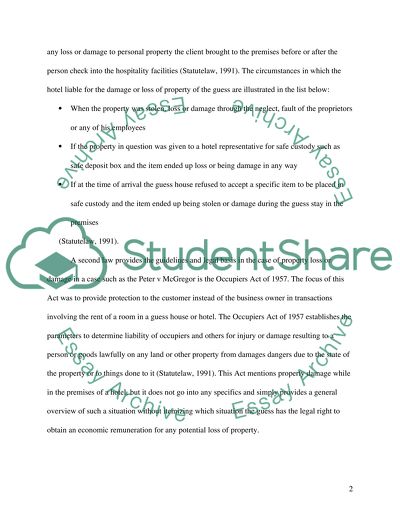Cite this document
(“Mooting Case Study Example | Topics and Well Written Essays - 2000 words”, n.d.)
Retrieved from https://studentshare.org/law/1515913-mooting
Retrieved from https://studentshare.org/law/1515913-mooting
(Mooting Case Study Example | Topics and Well Written Essays - 2000 Words)
https://studentshare.org/law/1515913-mooting.
https://studentshare.org/law/1515913-mooting.
“Mooting Case Study Example | Topics and Well Written Essays - 2000 Words”, n.d. https://studentshare.org/law/1515913-mooting.


